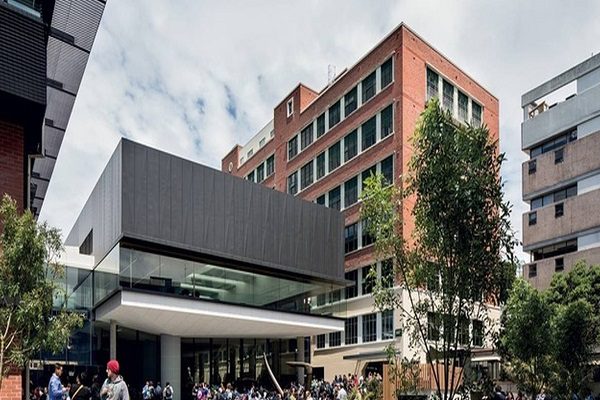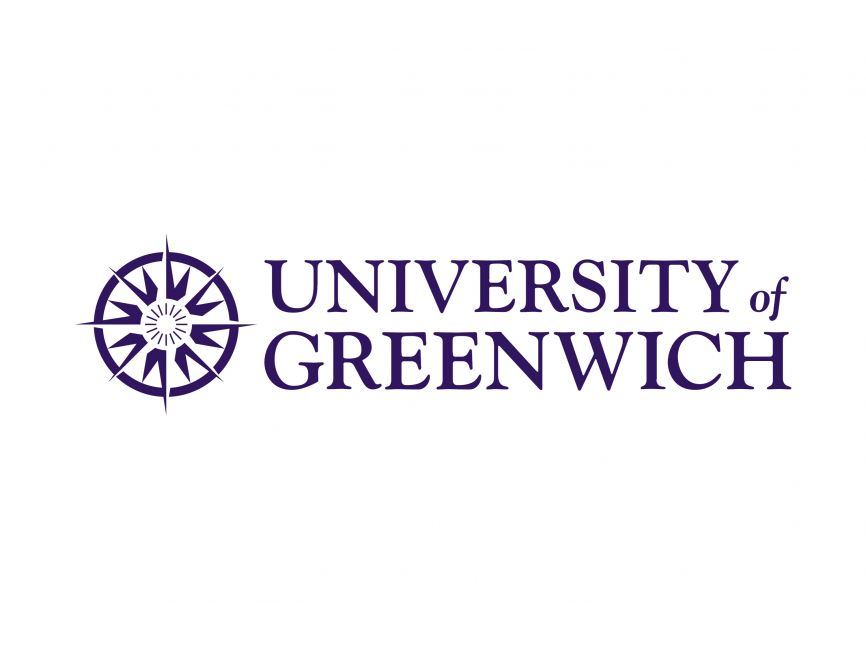Choosing Australia for Abroad Studies: An Insight from Education Tree Global Consultancy
Intro: Australia for Abroad Studies
Australia for Abroad Studies: Choosing Australia for abroad studies can seem like a daunting task, but with the right guidance and resources, it can be one of the most rewarding decisions you’ll ever make. Education Tree Global Consultancy has established itself as a leading advisor for students looking to pursue their higher education in Australia. With a wealth of knowledge and expertise, we are here to illuminate the path for your educational journey Down Under.

Why Australia is a Top Choice for International Students
The allure of Australia as a prime destination for international students extends beyond its world-renowned universities and vibrant cities. It’s the blend of high-quality education with a lifestyle that balances urban sophistication with natural beauty that sets Australia apart. The nation’s educational institutions are celebrated for their innovative research, cutting-edge technology, and teaching methodologies that prioritize practical skills alongside academic learning.
Students are drawn to Australia’s warm, welcoming environment and the multicultural fabric of its society, which allows them to integrate and interact with people from diverse backgrounds. This inclusivity fosters a global perspective among students, preparing them for careers in an increasingly interconnected world. Moreover, the Australian government’s policies on international education, including post-study work rights and opportunities for permanent residency, add to the country’s appeal.
The commitment to providing a safe, supportive educational experience is evident in the resources and services available to international students, from arrival through graduation. This holistic approach to education, emphasizing both personal growth and academic achievement, underscores why Australia remains a top choice among students considering overseas education.
Navigating the Australian Education System with Education Tree Global Consultancy
The educational landscape in Australia presents a unique set of opportunities and challenges for international students. With Education Tree Global Consultancy by your side, the intricate maze of the Australian education system becomes much easier to navigate. We are your compass in understanding the diversity of academic options, from the vocational education and training (VET) sector to the realm of higher education and research institutions.
Our expertise guides students through the specifics of the Australian academic year, including semester dates, course credit systems, and the essential quality assurance frameworks designed to protect and enhance the international student experience. By partnering with us, you gain access to personalized consultations that demystify the prerequisites of different academic programs and clarify the steps necessary to embark on your chosen path. Education Tree Global Consultancy stands as a bridge connecting your educational aspirations with the reality of studying in Australia, ensuring your journey is informed, strategic, and aligned with your long-term goals.
Tailored Guidance on Course and University Selection
Navigating through the plethora of courses and universities in Australia can be overwhelming. At Education Tree Global Consultancy, we recognize that each student possesses unique academic backgrounds, passions, and career goals. Our approach is to provide a highly personalized consultation process that thoroughly evaluates these aspects to recommend educational pathways that align perfectly with your aspirations. We delve into the nuances of each institution’s reputation, examining the depth of course content, the caliber of faculty members, and the quality of campus amenities.
This careful consideration ensures that you don’t just find a place to study, but a platform where you can thrive and achieve your highest potential. Additionally, we understand the importance of financial planning in your educational journey. Thus, we actively inform and assist you in exploring scholarship opportunities and other forms of financial support designed specifically for international students. Our aim is to not only simplify the selection process but also to empower you with confidence in your decision, setting the stage for a successful and enriching academic experience in Australia.
Also visit:-
Understanding Visa Requirements and Procedures
Navigating the complexities of the Australian student visa application can be an intricate process, but Education Tree Global Consultancy is here to streamline this journey for you. The key to a smooth application lies in understanding the specific requirements, which encompass proving your enrollment in a registered course, demonstrating financial stability, meeting English language proficiency standards, and securing appropriate health insurance coverage.
Our experts are adept at guiding students through each step, ensuring that every document is meticulously prepared and submitted according to the stringent guidelines set forth by Australian immigration authorities. Additionally, we prepare you for any potential interviews, helping articulate your purpose and plans in Australia clearly and confidently.
With our assistance, the daunting task of visa application becomes a structured and manageable process, allowing you to focus more on your excitement about studying in Australia rather than the paperwork. Let Education Tree Global Consultancy be your ally in fulfilling the visa prerequisites, paving the way for a smooth entry into your new academic adventure.
Preparing for Life in Australia
Transitioning to life in a new country entails more than just academic adjustments; it’s about acclimating to a new culture, lifestyle, and set of norms. Education Tree Global Consultancy goes beyond academic preparation, offering comprehensive guidance on the practical aspects of moving to Australia. We assist with securing suitable accommodation that fits within your budget and preferences, ensuring you have a comfortable place to call home.
Understanding Australian culture is crucial for a seamless adaptation process, and our team provides insights into the local customs, traditions, and social etiquette, helping you navigate social interactions and build connections more effectively. Financial management is another vital area where we offer advice, from opening a bank account to understanding the cost of living and effective budgeting strategies in Australia.
Safety is a priority, and we equip you with knowledge on staying safe in various situations, including emergency contacts and understanding your rights as an international student. By addressing these key aspects, Education Tree Global Consultancy aims to prepare students not just for academic success, but for a fulfilling and enjoyable life in Australia, ensuring a smooth transition to this exciting new chapter.
Also visit:-
Maximizing Post-Study Work Opportunities in Australia
In the pursuit of turning academic achievements into career success, Australia’s post-study work opportunities offer a golden gateway for international graduates. Education Tree Global Consultancy provides expert guidance on navigating the transition from student to professional within the Australian workforce. We emphasize the importance of understanding the criteria and processes involved in securing temporary and permanent work visas, ensuring students are well-informed about their eligibility and the documentation required. Our consultancy extends to advising on the strategic steps to take when entering the Australian job market, from crafting a resume that stands out to mastering interview techniques that resonate with Australian employers.
Building a robust professional network is crucial for career advancement, and we mentor students on how to leverage social platforms, professional gatherings, and university alumni networks to connect with industry leaders and peers. Our proactive approach includes workshops and seminars that equip students with the skills needed to excel in their chosen fields and to understand the nuances of the Australian workplace culture.
Education Tree Global Consultancy is committed to guiding students through the intricacies of converting their academic accomplishments into practical, real-world success. Our support is tailored to ensure that graduates not only find opportunities that align with their skills and aspirations but also thrive in their professional journeys in Australia.
Ongoing Support Throughout Your Study Journey
Education Tree Global Consultancy understands that the journey through international education is filled with both excitement and challenges. That’s why we extend our services beyond just helping you get to Australia; we stay with you, offering continuous support as you navigate your way through your academic pursuits. Our commitment is to be there for every query or concern you might have, from academic hurdles like understanding course materials and managing study loads to personal issues such as coping with cultural adjustment and finding your community away from home.
We also provide guidance for students seeking part-time jobs to support themselves financially during their studies. Our team is always just an email or phone call away, ready to provide advice, moral support, and practical solutions to ensure you maintain a healthy, balanced student life. We aim to be your steadfast ally, smoothing out the bumps on your educational road and helping you stay focused on your goals. With Education Tree Global Consultancy, you’re never alone in your journey; you have a partner dedicated to your success and well-being in Australia.
Also visit:-
Joining a Global Network of Successful Alumni
Embarking on your educational journey with Education Tree Global Consultancy doesn’t just mean achieving academic excellence; it also connects you with a vibrant, worldwide community of successful alumni. This extensive network is a treasure trove of opportunities for mentorship, professional growth, and shared experiences. Engaging with peers who have walked the same path and reached their goals in Australia offers an unparalleled support system.
Alumni frequently give back to the community by providing insights, advice, and sometimes, even opportunities for internships or employment within their professional circles. This connection fosters a sense of belonging and camaraderie among current students and graduates alike, reinforcing the idea that your choice to study in Australia extends far beyond the classroom. It’s about becoming part of a global family that continues to thrive and support each other in all walks of life.
Networking events, reunions, and online forums keep this community tightly knit, ensuring that no matter where in the world you find yourself, you have access to a network that’s rooted in shared experiences and mutual success. Engaging with our alumni network opens doors to a world of possibilities, where learning from those who have succeeded before you can inspire and guide your own journey in Australia and beyond.
Taking the Next Steps with Education Tree Global Consultancy
Embarking on the adventure of studying in Australia is an exciting prospect that can transform your academic and career trajectory. Education Tree Global Consultancy is poised to guide and support you through every phase of this remarkable journey. Our comprehensive services ensure that from the moment you contemplate studying Down Under to the day you proudly hold your degree, you’re equipped with the knowledge, resources, and support needed to thrive.
We invite you to reach out and begin the conversation about your future. Our team of seasoned advisors is ready to provide personalized guidance tailored to your unique aspirations, helping navigate the complexities of selecting the right course, understanding visa procedures, and preparing for life in a new culture. By partnering with us, you gain not only a guide through the logistical aspects of studying abroad but also an ally dedicated to your personal and academic success. Let’s take the first step together towards unlocking the full potential of your educational journey in Australia. Contact Education Tree Global Consultancy today and set the foundation for a fulfilling and prosperous academic experience.
Australia for Abroad Studies with Education Tree Global: Always remember Education Tree Global to know about Australia for Abroad Studies.

 Menu
Menu












